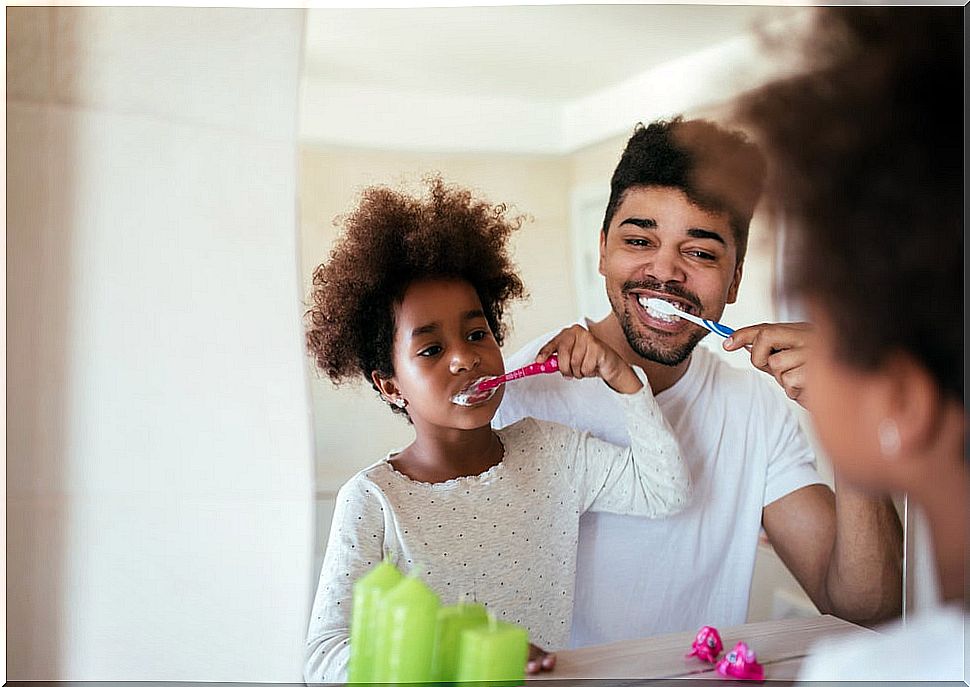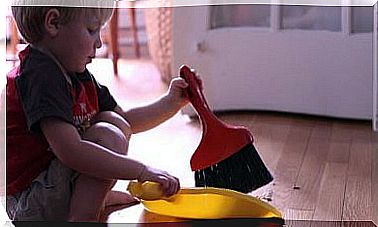Having Routines Helps Your Family Be Happier

In the modern stress chaos , life with young children can be difficult to deal with. Dinners, activities, and bedtime start to look more like a chaotic style than something with an intention and a goal. However, science shows that routines and rituals can be one of the most important contributors to a happy and connected family.
Research published in the Journal of family psychology suggests that family routines are related to parental competence, child adjustment, and marital satisfaction.
Other studies found that routines can also promote children’s language acquisition, academic skills, social skills, and emotional ties to their parents.
Routines improve the family
Here are four ways that routines reduce power struggles, defuse stressful circumstances, and promote humor, stability, and closeness between families.

Routines invite cooperation
Establishing routines helps prevent children from feeling “pushed” because they know that the activity is just what is done at that specific time of day. Knowing what to expect helps them develop a sense of dominance and helps them be less oppositional, more cooperative, and more independent.
One way to develop routines is by using the “when … then …” . For example, “When you put on your pajamas, we can read a book . ” To drastically reduce the daily struggles for power, it is good to set expectations such as:
- “All homework must be done before turning on an electronic device.”
- “You must be dressed for school before breakfast.”
- “Your room must be clean before you go out on Friday night.”
The alternative (arbitrary amounts of television time, random bedtime, inconsistent responsibilities, random dinners, or a confusing order of activities) invites conflict. On the other hand, if your children know what to expect at all times and what the routines are, it will be much easier for them to be able to do things well.
They offer safety, comfort and ease during the day
Knowing what to expect and when to expect helps children feel safe and get through their days more easily. For example, children with regular bedtime routines tend to sleep better and longer.
Be consistent with the baby and carry out the same bedtime routine, such as bathing, book, turning on the same light, singing the same lullaby, playing the same white noise, and giving the same pacifier and love in the same Every day order tells a baby that it is time to go to bed, provides comfort and helps him sleep more easily.
Also, having an established routine for after school or on the weekends also helps children relax and cooperate.

They act as an anchor of stability and relieve stress
The comfort and predictability derived from routines act as an anchor of stability for children and their parents. Thus, they help parents and children to relieve stress, reinforce emotional calm and reduce anxiety.
Routines also help comfort children in unfamiliar or difficult circumstances. For example, if your child loves listening to you read a story before the lights go out, doing so can help him sleep when he’s in a different environment.
In an early childhood setting, a routine can be developed between a parent and a child or a teacher and a child to facilitate separations. In a doctor’s office or hospital, rituals can relieve stress from difficult blood draws, injections, or procedures.
Family stress is often first noticed by the disruption of family routines. However, if routines are maintained in potentially vulnerable conditions, such as divorce or financial stress, families can better adapt to change. Routines can also help family members stay connected despite interpersonal conflicts.
Having routines helps your family be happier
As you can see, routines are important not only for children, but also for parents who feel stable being able to offer them to their children constantly. Routines will make your family happier! What are you waiting for to put these tips into practice?










